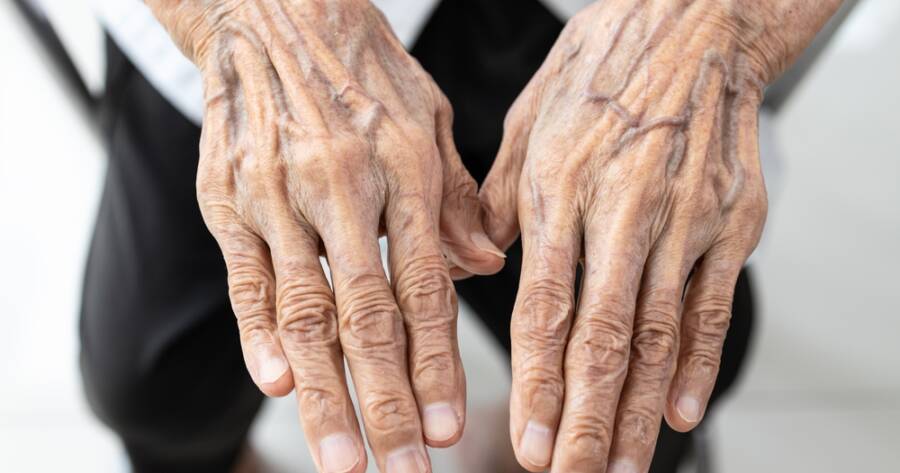As we age, our skin undergoes many changes, making it crucial for seniors to pay extra attention to their skin health. Stasis dermatitis, a common skin condition in older adults, often results from poor blood flow in the legs. Fortunately, you can learn everything you need to know about stasis dermatitis with a search online right now, which could help you spot early symptoms.
Identifying Stasis Dermatitis
Stasis dermatitis often starts with mild symptoms like skin discoloration or itching in the lower legs. People with poor circulation are particularly prone to it.1 If you notice these signs, it’s wise to consult a healthcare provider for a proper diagnosis.
Exploring reliable online resources can provide additional insights into how stasis dermatitis manifests, helping you stay informed about your skin health.
Prevention Strategies
While stasis dermatitis is more common in seniors, certain lifestyle changes can help prevent it. Regular leg elevation and gentle exercises improve blood circulation, reducing the risk.2
Additionally, doing some more research and reading online about preventive care can offer practical tips tailored to seniors’ needs.
Treatment Options
Treating stasis dermatitis usually involves topical creams and proper skin care. If you’re dealing with this condition, your doctor might prescribe medications to reduce inflammation and improve circulation.
For those seeking more in-depth understanding, read detailed explanations of common treatment methods for seniors online.
Staying Informed and Proactive
Maintaining skin health is an ongoing process, especially for seniors. Staying informed about conditions like stasis dermatitis and their treatments is key.
Using online resources, including medical websites and forums, can empower you with knowledge to manage your skin health proactively.
Ask Your Doctor About Stasis Dermatitis
Recognizing and treating stasis dermatitis is crucial for senior skin health. Early detection, preventive measures, and proper treatment play significant roles in managing this condition.
Seniors are encouraged to actively seek out online information and consult healthcare professionals to get up-to-date insights. By staying proactive, mature adults can ensure the best care for their skin.
